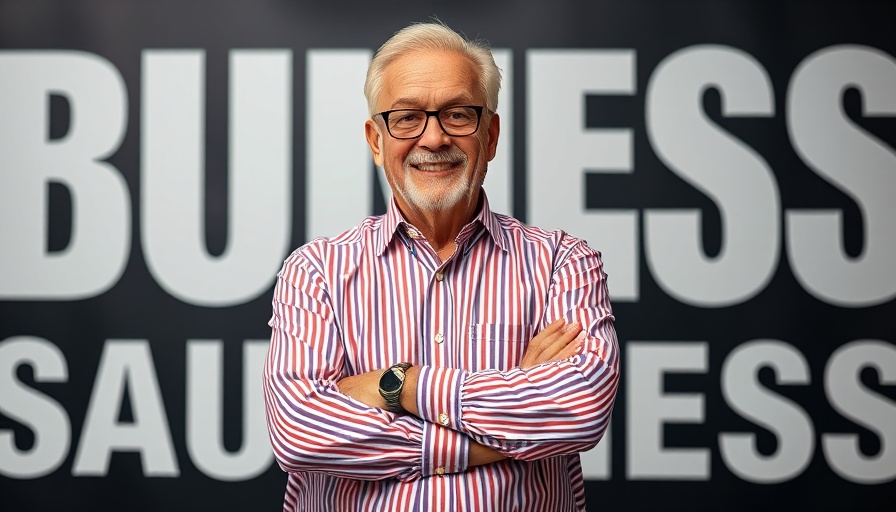
Duolingo's Bold Step Towards an AI-First Future
Duolingo, the beloved language-learning platform, is embarking on a transformative journey by shifting towards an "AI-first" strategy, fundamentally changing the nature of work within the company. CEO Luis von Ahn revealed in a recent employee memo that the platform intends to replace human contractors with artificial intelligence (AI), indicating a broader trend within the tech industry towards automation.
The decision comes after a period of experimentation, during which Duolingo cut 10% of its contractors last year, opting for AI-assisted translations. Ahn emphasizes that this move is not merely about cutting costs or eliminating jobs. Rather, it aims to enable current employees to focus on more creative and engaging tasks, leaving repetitive duties to machines. Employees will be encouraged to utilize AI tools, and any new hires will only be considered if their work cannot be automated, enabling the company to streamline operations substantially.
The Changing Landscape of Work
This shift raises critical questions about the future role of humans in increasingly automated workplaces. Similar to Shopify's recent declarations about integrating AI across all levels, Duolingo is positioning itself as a pioneer in adopting technologies that enhance productivity. At the same time, it must maintain a balance between embracing innovation and ensuring employee welfare, a line Ahn reiterates when he reassures staff of their ongoing support through mentorship and training.
Why Now? A Timely Approach to AI
Duolingo's recent strategy mirrors past pivotal decisions; Ahn notes how betting on mobile apps in 2012 led to the platform’s growth to 500 million registered users today. Now, he sees AI as the new front in digital innovation, vital for sustaining the company's competitive edge. Just as learning a new language involves stepping outside one’s comfort zone, so too does embracing AI in workplace settings.
However, as exciting as this transition may be, it invites various perspectives on potential job displacement, particularly concerning contract workers. While Ahn insists that employees will not be replaced but instead elevated, adopting an AI-first approach calls for critical discussions on labor dynamics in tech industries. For entrepreneurs, understanding these shifts could offer a rare opportunity to recalibrate their own operational frameworks.
Embrace the Change: Your Next Steps
As automated solutions become the norm, small business owners and freelancers must adapt not merely by adopting new technologies but also by considering what human contributions are irreplaceable. Evaluating how you can leverage AI within your workflows could pave the way for growth and efficiency.
This is a pivotal moment for businesses across the board. Growth, creativity, and adaptability are essential. Embrace this change and position yourself wisely for the future!
 Add Row
Add Row  Add
Add 




 Add Row
Add Row  Add
Add 
Write A Comment